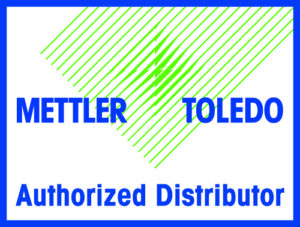Metrology Glossary: Scale Class
What Is Scale Class?
Scale classes are a systematic method for categorizing scales by their precision and accuracy levels. The higher the scale class, the finer the scale’s accuracy. Class III scales find common use in commercial settings, providing dependable weighing solutions across various applications. These scales typically support a maximum weight of 30,000 pounds and maintain an accuracy level within 0.1% relative to the total weight being measured. In contrast, Class IIIL scales stand out as the most accurate type, particularly suited for weighing exceptionally heavy items exceeding the 30,000-pound threshold. Their margin of error is 0.05% concerning the total weight, making them ideal for precision-critical applications.
Why Is Scale Class Important?
Class III Scales:
- General Weighing: Suited for diverse commercial environments such as warehouses, factories, and retail stores, these scales provide accurate measurements for tasks like inventory management, raw material assessment, product weighing, and shipment verification.
- Food Processing: Specifically designed for the food industry, these scales ensure precise portion control, accurate measurement of recipe ingredients, and adherence to food safety standards.
- Agriculture: Tailored for agricultural purposes, these scales play a crucial role in measuring crops, livestock, and feed, facilitating precise yield calculations and monitoring the health of animals.
- Construction: Ideal for construction sites, these scales accurately measure building materials, components of concrete mixes, and other substantial items, contributing to efficient construction processes.
Class IIIL Scales:
- Precision-Critical Applications: Engineered for scenarios where minute weight differences can have significant implications, these scales find application in critical sectors such as:
- Chemical and Pharmaceutical Industries: Ensuring accuracy in dosage and quality control by weighing high-value ingredients.
- Aerospace and Defense: Safeguarding safety and performance by precisely weighing aircraft components and munitions.
- Scientific Research: Supporting reliable data analysis through high-precision measurements of research samples.
- Calibration and Testing: Employed for the calibration and testing of other weighing instruments, these scales are instrumental in ensuring the accuracy and reliability of measurement devices across various industries.











